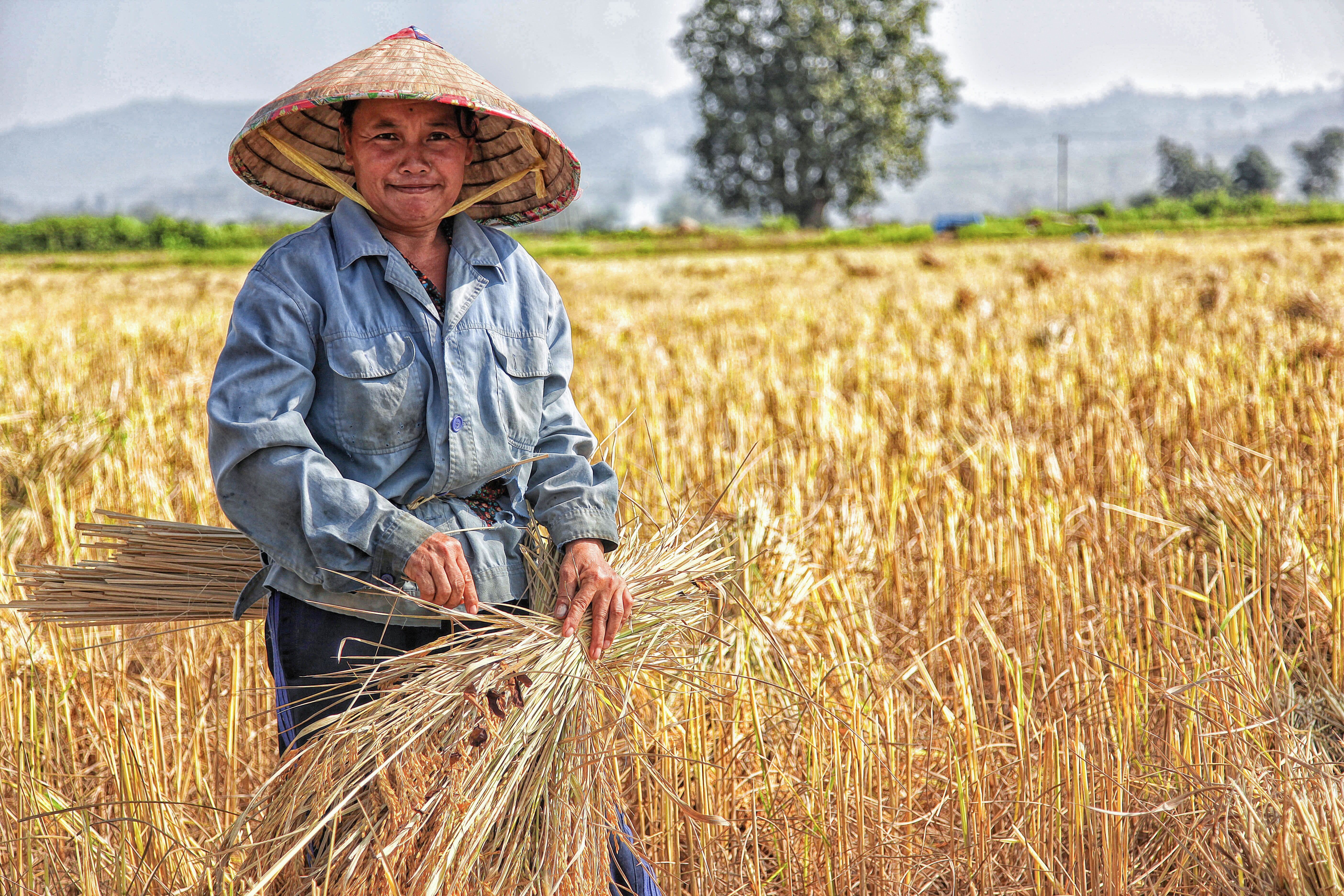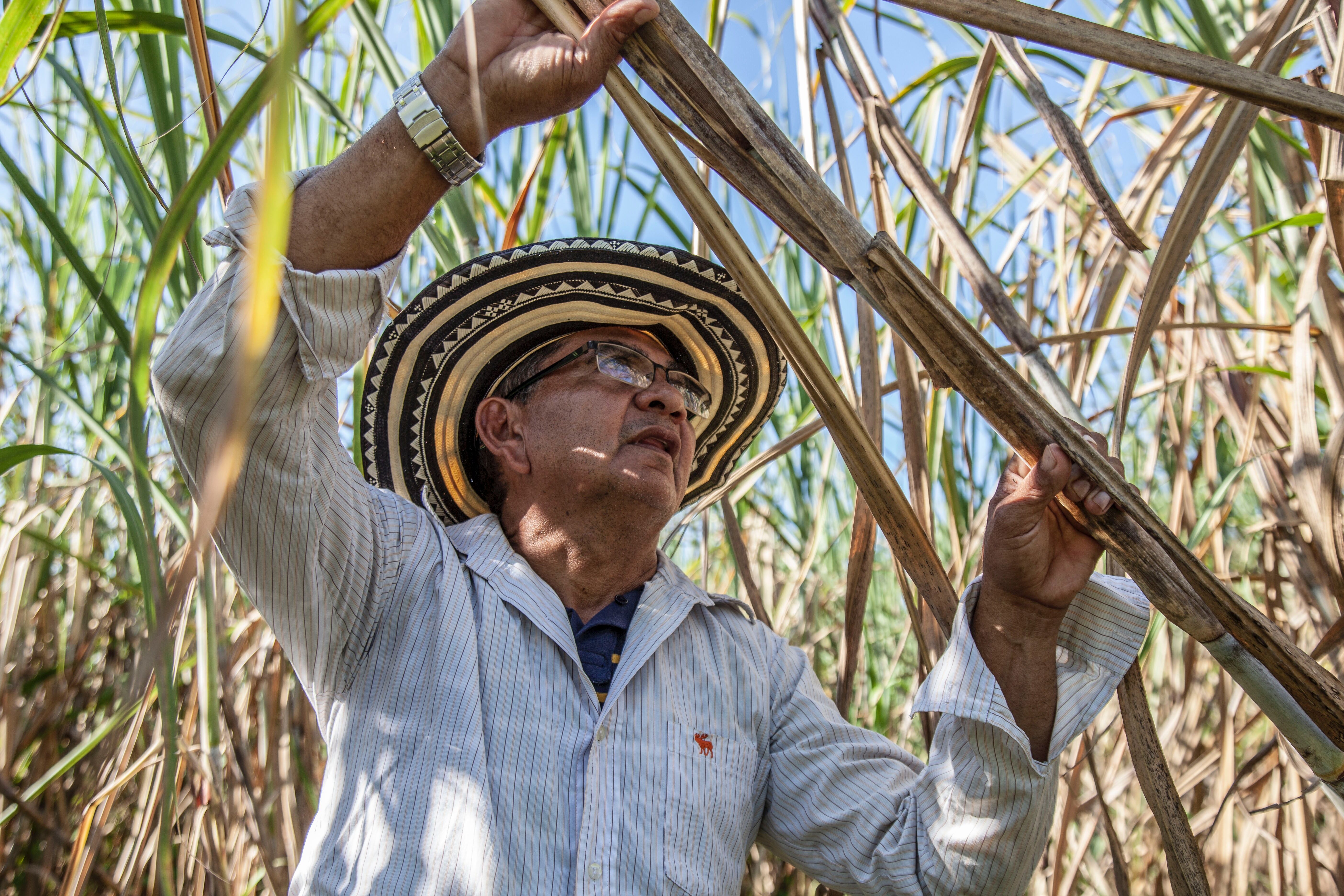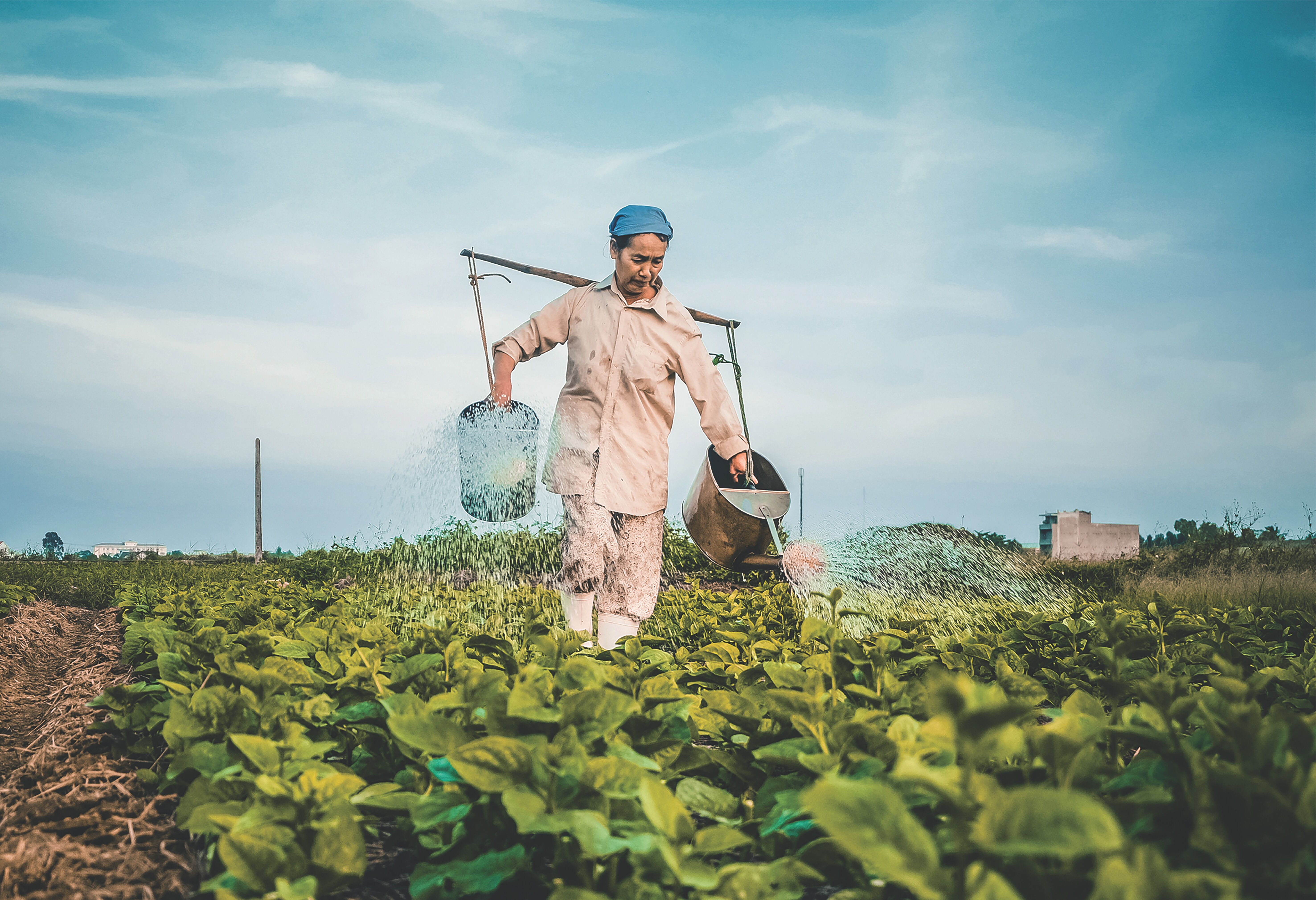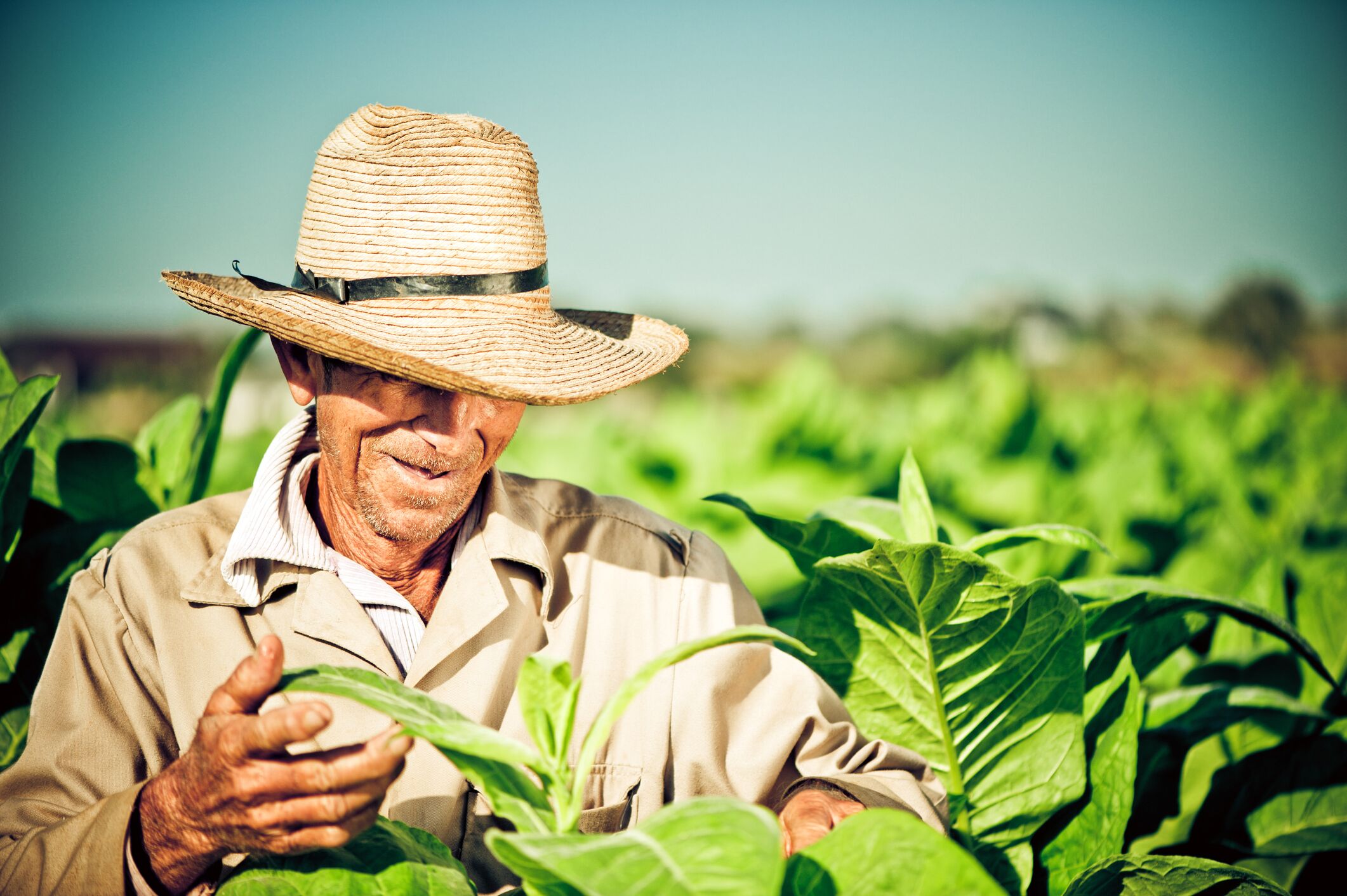About this project
Inclusive Biobased Innovation: Securing sustainability and supply through farmers’ involvement
The idea of a bioeconomy presents a compelling vision of a sustainable society in which biomass – such as corn, bamboo, and sugar cane - provides the raw materials for all kinds of products. While the technology to extract raw materials from these feedstocks becomes increasingly available, the large-scale industrial application of biomass still raises concerns. Key challenges in the transition to biobased value chains are:
- Feedstock availability and quality; Present business models for biorefineries and the production of chemicals and biofuels depend on low costs and a reliable supply of feedstocks.
- Sustainability; Sustainable biomass production requires making changes in agricultural practices, which will only happen if that also adds value for the farmers themselves.
Tackling both challenges is only possible if all actors in the value chain become better aligned. Such alignment should be guided by a proper understanding of key societal values like distributive justice, sustainability and trust.
The importance of including farmers
More in particular, this project departs from the assumption that these challenges require the pro-active inclusion of farmers in the process of designing and shaping value chains. This is desirable not only in order to take their values and interests properly into account, but also because they have knowledge that is invaluable to a sustainable bioeconomy, e.g. on crop management and supply options, biomass composition, storage, handling options and nutrients and water recycling. In addition, farmers can be expected to more readily deliver biomass meeting quality standards when they consider themselves essential and equal participants in the value chain.
So far, the importance of including farmers in the design of strategies for the transition towards a sustainable bioeconomy has been insufficiently acknowledged. In this project we aim to contribute to a globally applicable model for integrating farmers that at the same time allows for differentiation in scale and between various contexts (such as to acknowledge e.g. the local culture and available technology).
A short interview with project leader dr. Lotte Asveld on realizing inclusive biobased value chains:




